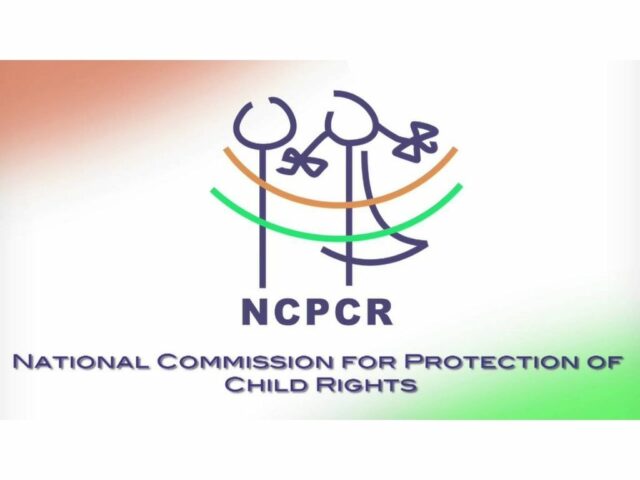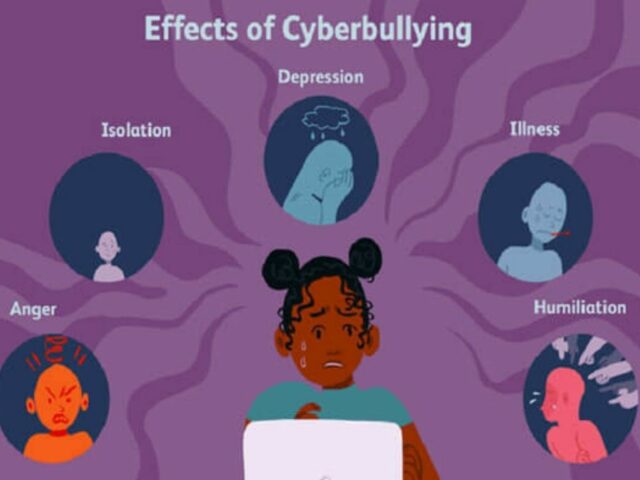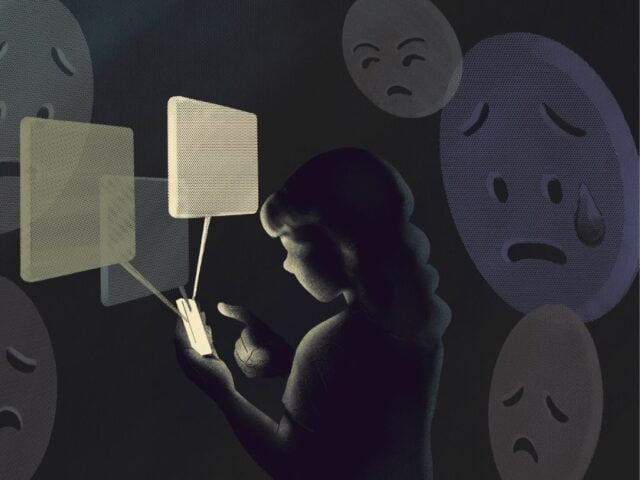Social media is a part of our everyday lives in this 21st-century world. But with it, comes various adverse side effects, especially on kids and teenagers who are still in their formative years.
NCPCR Report
The National Commission for Protection of Child Rights (NCPCR) is a statutory body under the Commissions for Protection of Child Rights Act in India.

The survey included recording the online activities of 5,811 participants, consisting of 3,491 school-going children, 1,534 parents and 786 teachers from 60 schools, across six states in India. And this isn’t just restricted to Facebook.
Under-age accounts have been found on Instagram as well. 24.3% of children of and about 10-years old are revealed to have Instagram accounts. To the extent that ‘guess the age’ has become a popular Insta-reel trend now.
Who Is To Be Blamed?
The minimum age limit for both Facebook and Instagram is 13-years. So the report of NCPCR divulges the under-age usage of social media. It also proves that it is very easy to bypass the rules and regulations laid down by such social media platforms.
Clearly, they don’t have sufficient technological precautions taken to prevent under-age kids from having accounts. This brings up the question of how careful these platforms are about issues of such stature and what more they can do to ensure fair and rule-abiding usage of their platforms.
But it’s not the responsibility of just these platforms to ensure this. The guardians of these kids are also equally responsible. 62.6% of respondents have been using their parents’ phones.
The pandemic surely does have a lot to contribute as the cause of this. Due to online classes becoming the alternative to physically attending schools, kids having their own phones or unregulated access to parents’ phones have become imperative.
Read More: ResearchED: How Do Influencers And Social Media Make Us More Polarized?
Harmful Effects Of Social Media On Kids And Teenagers
Using too much social media can hamper one’s health and sleep schedule to a great extent. According to the report of NCPCR, about 76.20% of children use their smartphones to stay active on Facebook, Instagram, etc, before going to sleep. This has many negative effects on them such as sleep disorders, sleeplessness, anxiety among others.
But beyond physical health effects, social media can leave strong detrimental effects on a child’s mental health as well.
Under-age use of social media can expose them to online bullying, hate speech and unnecessary grooming. These affect and usually take a great toll on grown adults, so one can only imagine what they might do to a child’s innocent mind.
Social media is also infamous for over-sexualising children. Children might also be exposed to pornography and sexual content that can prove to be extremely hard to deal with, for naive souls who are yet to see the world.
Lastly, social media platforms like Facebook and Instagram can contribute to body image issues from a young age. Children fail to differentiate between real life and the lives glorified and advertised on these platforms. Hence, it can lead to them developing insecurities and low self-esteem which can follow them till late in their lives.
Conclusion
Keeping everything mentioned above in mind, the guardians and parents of children should be careful enough to make sure their children are having a safe and healthy social media experience. Also, the social media rule enforcer team should be devising better ways to keep under-age kids from having and accessing accounts on their platforms.
Hence, an excerpt of the NCPCR reporter rightly states, “Social media platforms contain and disperse such a variety of content, a lot of which is neither appropriate nor conducive for children. They can be anything from violent or vulgar content to instances of online abuse and bullying of children. Hence, in this regard, proper oversight and stricter enforcement is required.”
Image Credits: Google Images
Sources: India Today, Unicef, Child Mind Institute
Find the Blogger: @NandiniMazumde5
The post is tagged under: social media, Facebook, Instagram, rules, under age, NCPCR, age, adverse, harmful, effects, National Commission for Protection of Child Rights, Commissions for Protection of Child Rights Act, India, rules, regulations, social media platforms, technology, precautions, responsibility, guardians, pandemic, cause, online classes, schools, access, mental health, physical health, anxiety, cyber bullying, online bullying, sleep order, pornography




































